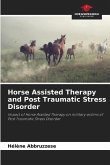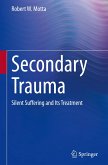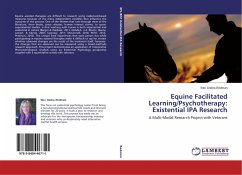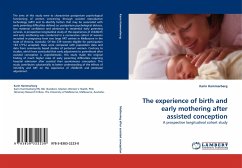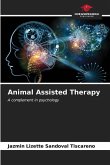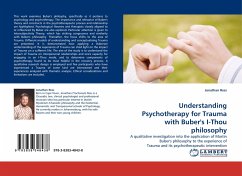Early studies and anecdotal reports suggest equine-assisted psychotherapy (EAP) may be suitable for treating various forms of trauma. It was unclear, however, whether this modality was effective in addressing specific trauma adaptations associated with Vicarious Trauma. In response, this study employed the use of the CSDT as a theoretical lens from which to explore what the practice of EAP might provide mental health practitioners as a potential method to prevent or treat VT. A critical analysis and review of the literature revealed several significant themes as findings: the impact of VT adaptations specific to safety, self-efficacy and self-regulation in mental health practitioners, flexibility of EAP to address trauma in multiple systems and contexts, EAP as biologically-respectful and benevolent interventional approach, and opportunities for self-development congruent with CSDT. Conclusions indicate the practice of EAP might provide mental health practitioners an effective method to address VT adaptations to safety, self-efficacy and self-regulation within a flexible, trauma-informed, and theoretically grounded format.


